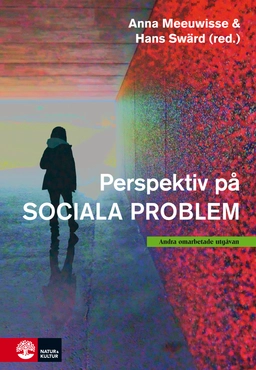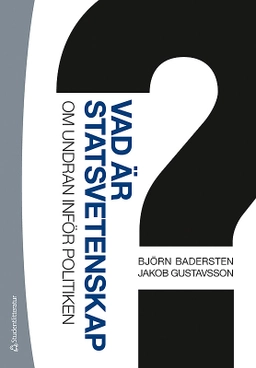

The Transformation of the Swedish Welfare System: Fact och Fiction?
- Utgiven: 2004
- ISBN: 9789189315471
- Sidor: 292 st
- Förlag: Södertörns högskola
- Format: Häftad
- Språk: Engelska
Om boken
Åtkomstkoder och digitalt tilläggsmaterial garanteras inte med begagnade böcker
Mer om The Transformation of the Swedish Welfare System: Fact och Fiction? (2004)
I januari 2004 släpptes boken The Transformation of the Swedish Welfare System: Fact och Fiction? skriven av Ali Hajighasemi. Den är skriven på engelska och består av 292 sidor. Förlaget bakom boken är Södertörns högskola.
Köp boken The Transformation of the Swedish Welfare System: Fact och Fiction? på Studentapan och spara pengar.
Referera till The Transformation of the Swedish Welfare System: Fact och Fiction?
Harvard
Oxford
APA
Vancouver



















